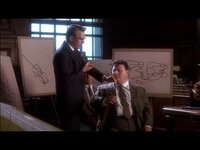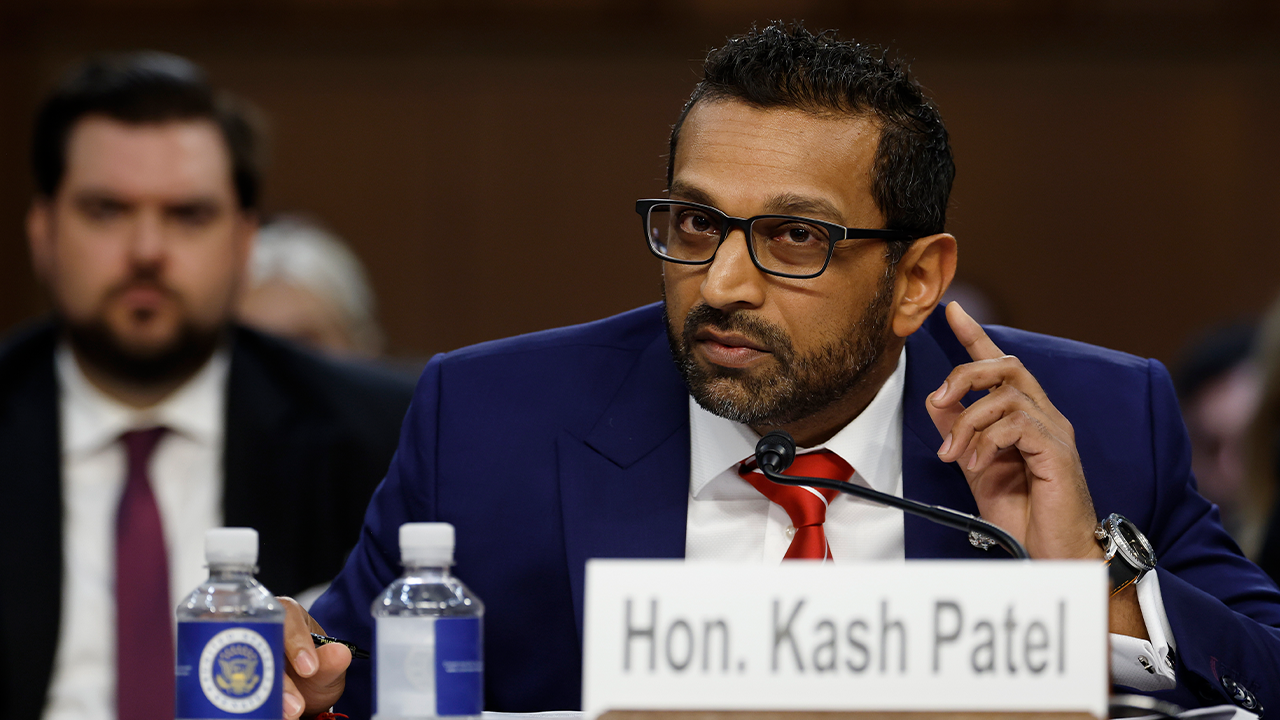Summarised using https://gist.ly/youtube-summarizer
## Reflections from the Battlefield: The Moral High Ground in War
In the heart of Iraq, 2006, the city of Ramadi was a crucible of violence and chaos. American forces, including a SEAL task unit known as Task Unit Bruiser, were engaged in a relentless struggle to secure and stabilize the city from insurgents who terrorized the local population. The mission was clear but perilous: support coalition forces, conduct reconnaissance, execute raids, and provide sniper overwatch as the Army and Marine Corps fought street by street, house by house.
The brutality of the conflict was ever-present. Soldiers, sailors, airmen, and marines displayed extraordinary courage, many paying the ultimate price. Civilians suffered unspeakable atrocities at the hands of insurgents. Amidst this turmoil, the SEALs received intelligence about a high-value al-Qaeda leader—an individual notorious for his cruelty and violence. The opportunity to eliminate such a figure was rare and fraught with risk, but it presented a chance to strike a blow against the forces of chaos.
### The Dilemma of Rules of Engagement
The American military operated under strict rules of engagement (ROE). These rules required that before any engagement, a potential enemy must display a hostile act or clear hostile intent. This policy was designed to protect civilians and minimize collateral damage, even in the most dangerous environments.
In the case of the al-Qaeda leader, intelligence indicated he would be passing through a specific location, but he was unlikely to display overt hostility. The SEAL commander made an uncommon request: to have this individual declared "hostile" by higher command, a legal designation that would allow engagement on sight. This decision was not taken lightly; it required senior officers to weigh intelligence, legal obligations, political considerations, and the broader consequences for U.S. interests.
Despite the compelling case, the request was denied. The operation was canceled, and the opportunity slipped away. The frustration was palpable—seeing comrades wounded and killed, knowing a chance to disrupt enemy leadership had been lost. Yet, this moment reinforced a deeper truth about American values.
### Upholding American Ideals in the Face of Evil
Even in the most desperate circumstances, the United States strives to uphold the rule of law and the sanctity of human life. The refusal to declare the enemy leader hostile, despite his monstrous actions, was a testament to the nation's commitment to its ideals. The moral high ground is not always the easiest path, especially when it comes at great personal risk. But it is a path that defines the character of a nation.
This adherence to principle is not just a matter of policy; it is a reflection of who Americans aspire to be. The willingness to maintain standards, even when facing a remorseless enemy, is what sets a society apart. It is a commitment to justice, not vengeance; to humanity, not savagery.
## The Erosion of Values at Home
Fast forward to the present, and the speaker observes a troubling shift within the United States itself. The standards that once guided the nation in war zones seem to be eroding at home. Violence, murder, and even assassination have become disturbingly commonplace. The recent execution of a man, Charlie Kirk, for his beliefs and words, and the subsequent celebration by some, is a stark indicator of this decline.
### The Question of Depravity
How does a society reach a point where such acts are not only committed but celebrated? The answer lies in the malleability of the human mind and the power of influence. People are shaped by what they see and hear, by the trends they follow, and by the groups they seek to belong to. In times of isolation, fear, and confusion, individuals become especially vulnerable to manipulation.
Brainwashing, once a process that required physical control and isolation, has become far more insidious in the digital age. Today, the primary conduit for manipulation is the smartphone—a device that most people carry with them constantly.
### The Digital Age: A New Frontier for Manipulation
With just a few minutes on a phone, anyone can be exposed to a torrent of divisive, manipulative, and emotionally charged content. Algorithms are designed to keep users engaged, feeding them a steady diet of outrage, frustration, and hate. For those who are insecure, isolated, or young, the effects are profound and predictable: isolation, polarization, dehumanization, and ultimately, radicalization.
#### The Mechanics of Digital Brainwashing
- **Exposure and Repetition:** Constant exposure to extreme content, repeated over time, shapes beliefs and attitudes.
- **Group Pressure and Social Influence:** Online communities reinforce divisive ideas, creating echo chambers that amplify extremism.
- **Emotional Manipulation:** Short, emotionally charged clips are engineered to provoke strong reactions, bypassing reason and critical thinking.
The result is a society where reason is abandoned, norms are rejected, and the most extreme views take hold. In this environment, it becomes all too easy for a disturbed individual to justify violence against those they perceive as "hostile."
## The Consequences: Tribalism and Decline
This process represents a devolution—a regression from a society built on shared values and mutual respect to one fractured by tribalism and hatred. The willingness to declare fellow citizens as enemies, to justify violence against them, is a sign of cultural decline.
### The Need for Self-Imposed Rules
The solution is not more government regulation or technocratic control. Instead, it requires a recommitment to personal responsibility and community values. Individuals, families, and communities must set their own standards and refuse to be manipulated by digital forces.
#### Practical Steps to Resist Digital Manipulation
- **Limit Exposure:** Be mindful of the time spent on devices and the nature of the content consumed.
- **Seek Real Connections:** Prioritize face-to-face interactions with friends and family over digital engagement.
- **Question Emotional Reactions:** Recognize when content is designed to provoke and resist the urge to react impulsively.
- **Cultivate Critical Thinking:** Encourage open dialogue and diverse perspectives, rather than retreating into echo chambers.
## The Call to Action: Reclaiming American Values
There is darkness in the world, and it has never been easier for that darkness to infiltrate our minds and hearts. The challenge is to resist—to cast out the digital demons and refuse to be possessed by electronic emotions.
### Reconnecting with What Matters
- **Listen to Friends, Not Feeds:** Value the opinions and support of those you know and trust.
- **Talk to People, Not Pixels:** Engage in meaningful conversations, not just online exchanges.
- **Connect with Family, Not Firmware:** Strengthen the bonds that matter most, away from screens and devices.
### Walking in the Light
The principles that founded the United States—liberty, justice, and unity—are not just historical artifacts. They are living ideals that require constant vigilance and effort. The nation is defined not by its laws or its leaders, but by the actions and choices of its people.
#### The Role of the Individual
Every American has a role to play in upholding these values. It is not the responsibility of the political class or the elite, but of each citizen. The freedoms that have been fought for and defended over generations are a sacred trust, one that must be protected and cherished.
## Building Bridges, Not Walls
The blood that has been shed in defense of freedom is a reminder of the cost of division and hatred. The path forward is not through hostility or enmity, but through understanding and connection. Americans must strive to build bridges, to find common ground, and to act with compassion and respect.
### The Imperative of Unity
Too much has been lost already. The nation cannot afford to be torn apart by internal strife. The call is clear: to act like Americans, to embody the ideals of bravery, strength, and freedom, and to reject the forces that seek to divide.
## Conclusion: One Nation, Under God
The story of Task Unit Bruiser in Ramadi is more than a tale of war; it is a lesson in the enduring power of values. Even in the face of unimaginable evil, the commitment to the rule of law and the sanctity of life prevailed. That same commitment is needed now, perhaps more than ever.
The challenges of the digital age are real, and the threats to unity and freedom are profound. But the solution lies within each individual, in the choices made every day. By refusing to be manipulated, by seeking connection over division, and by upholding the principles that define the nation, Americans can ensure that the light of liberty continues to shine.
Let us remember who we are. Let us act with courage, integrity, and compassion. Let us be, in every sense, Americans—brave, strong, and free. The future of the nation depends on it.






